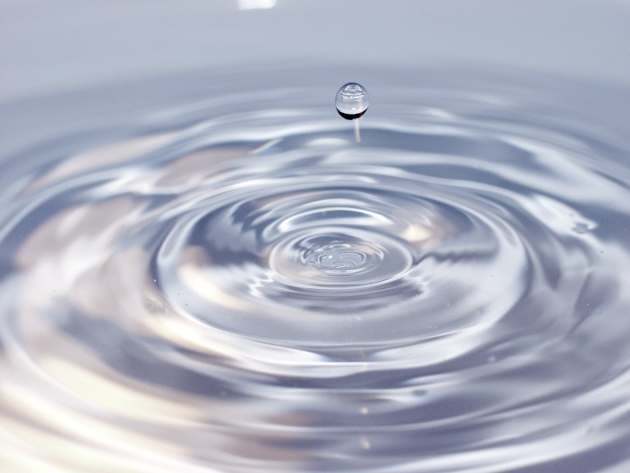With more than 30 years’ experience in the residential and commercial water treatment space, Mark Nelson is a Class 1 Drinking-Water Operator and a CBWA (Canadian Bottled Water Association) Certified Plant Operator. As founder and president of Nelson Water in Ottawa, Mark focuses on dealing with challenging water treatment system designs for problem water. He also heads the largest water bottling plant in the city of Ottawa with a delivery network throughout the Valley.
Many people would like to improve the water quality in their homes, but are unsure about which water treatment solution would suit their needs. The variety of choice available can be confusing, the effectiveness of a treatment can vary a great deal dependent upon a number of factors, such as geographical location, agricultural activity, and industrial processes. Let’s take a closer look at the types of water treatment options available so that you can make an informed choice.
The Two Main Treatments
The vast majority of homes use two different water treatment solutions, a water conditioner and a water softener. Sometimes, a single treatment is sufficient to improve the quality of the water, but it’s not unusual to see both options used together.
A water softener uses an ion exchange process to replace magnesium and calcium ions with salt or potassium ions. This makes the water softer, easier to use and kinder to plumbing fixtures and water using appliances.
A water conditioner improves the quality of the water by reducing the amount of chlorine in the water supply. Chlorine is almost universally used as a disinfectant in public water supplies, and some people find its “swimming pool” taste and odor unpalatable.
Which Treatment Option is Best?
As we’ve already mentioned, both of these water treatment solutions serve very different purposes and comparing them is nonsensical. Choose a water softener if you have water hardness problems, such as scale buildup, poor laundry results, premature appliance failure and skin issues. If you have a strong aversion to chlorine, choose a water conditioner to make your water more palatable. If you water hardness and want to reduce the amount of chlorine, install both in your home.
Environmental Water Conditioner Concerns
In the past, some people could have argued that a water conditioner is not an environmentally conscious choice. Earlier models of water conditioners did discharge a small amount of salt into the drain, but modern models have been designed to limit the amount of salt released. This makes the latest water conditioners even more efficient and a solid choice for treating your water.
Treating Water Hardness
According to Canadian Water Quality Association, several municipalities across Canada have hard to extremely hard water. Water in Toronto is considered moderately hard at 6 to 7 grains per gallon; water in the Guelph, Kitchener, Waterloo area hardness averages 34 grains per gallon, which is extremely hard. In Calgary, Red Deer and Edmonton water hardness averages 12 to 16 grains per gallon. On the other hand, water in Vancouver is naturally soft at 0.3 grains per gallon. Ottawa’s central drinking water supply is about 3 grains per gallon of total hardness which is considered very soft. On the other hand, ground water wells such as the communal well systems often have high levels of hardness due to presence of natural calcium and magnesium minerals.
An independent study was carried out by the Battelle Memorial Institute into water hardness and how it can affect water using appliance and fixtures, such as faucets, showerheads, washers and water heaters. They found that softened water improved the lifespan, efficiency, and performance of their plumbing and devices. The buildup of scale was significantly reduced, which led to fewer repairs and lower energy bills. The study discovered that a water heater supplied with softer water cost 47% less to use when compared to the same heater using hard water. When the most efficient model on the market was tested, the unit was still 10% more efficient when softened water was used. The team then concluded that the energy saving from using soft water for water heating alone could lower the carbon footprint of a home by at least 14%. This study proves that a water softener can improve the quality of water in your home, lower your energy bills and help your water using appliances to last longer.

